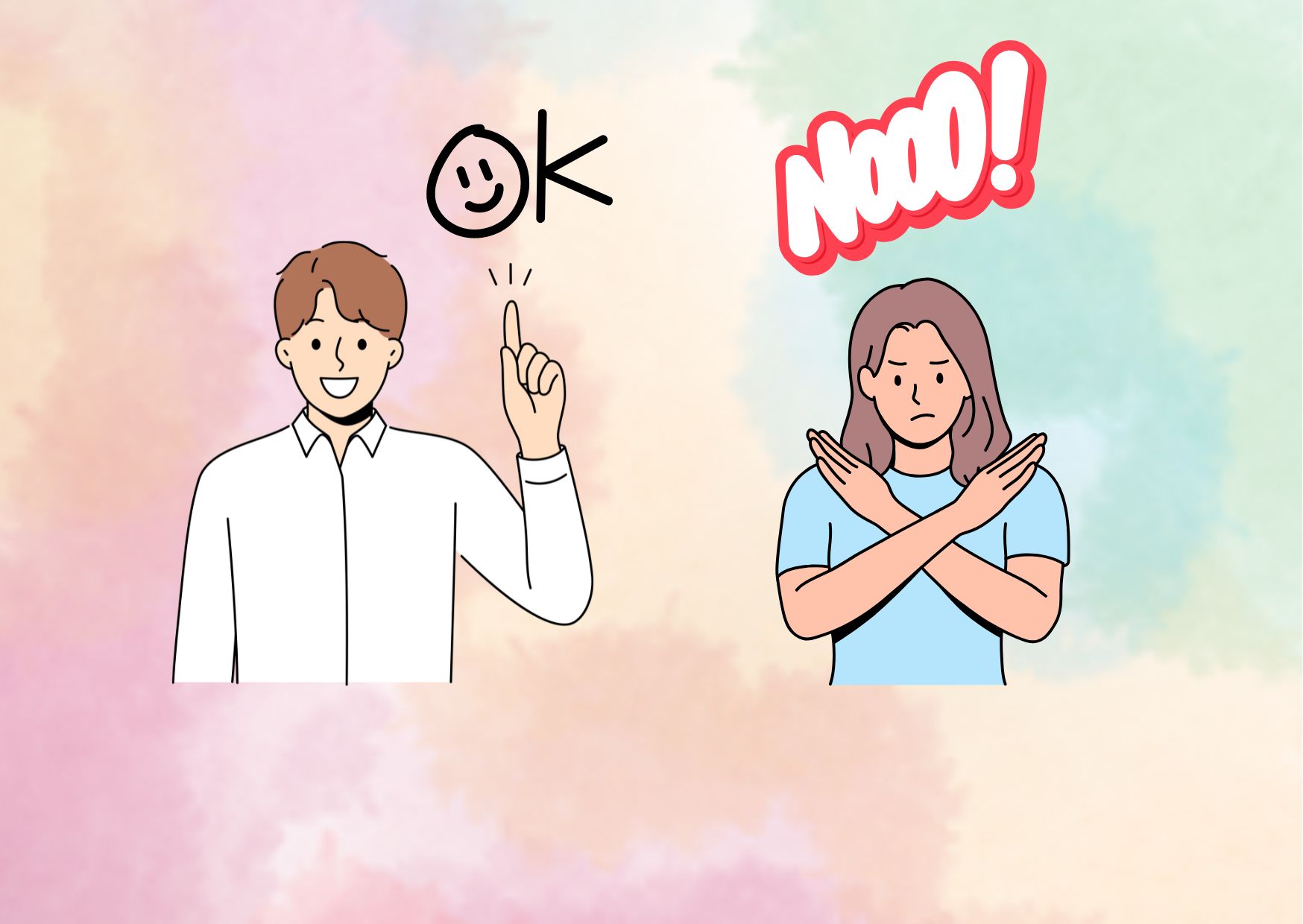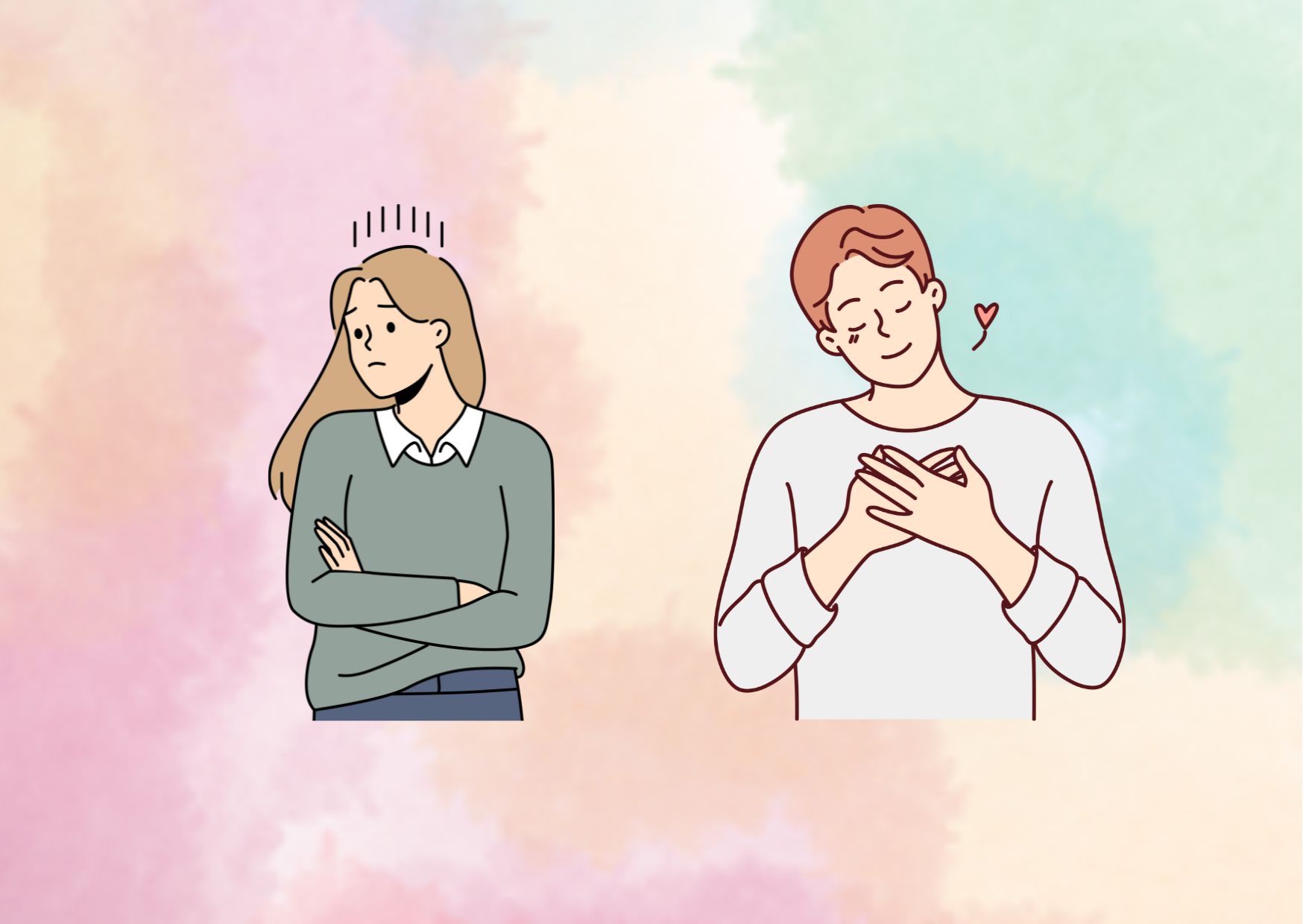How to Handle Rejection with Confidence and Grace
Rejection is a universal experience that can shake even the most confident individuals. Learning how to handle rejection gracefully is a vital skill for personal growth and emotional well-being. Whether it’s a romantic letdown, a job application denial, or a social rebuff, the sting of rejection can have a lasting impact on one’s self-esteem and outlook. This article explores effective strategies to deal with rejection and maintain a positive mindset in the face of adversity.
Readers will discover practical techniques to reframe their perspective on rejection, build emotional resilience, and move forward with confidence. The article delves into the nature of rejection, offering insights on how to accept rejection from various sources, including romantic partners and professional contacts. By mastering these skills, individuals can transform their approach to handling rejection, ultimately leading to personal growth and stronger relationships. This guide aims to equip readers with the tools they need to navigate rejection with grace and emerge stronger on the other side.
Understand the Nature of Rejection
Rejection is a universal experience that affects everyone at some point in their lives. It can occur in various contexts, such as romantic relationships, friendships, or professional settings. To handle rejection effectively, it’s crucial to understand its nature and the factors that contribute to it.
Common causes of rejection
Rejection often stems from factors beyond an individual’s control. These may include:
- Timing: Sometimes, circumstances simply aren’t right for a connection to form.
- Compatibility: Differences in values, interests, or goals can lead to rejection.
- Personal preferences: People have unique tastes and preferences that influence their choices.
- External factors: Societal expectations or cultural norms can play a role in rejection.
It’s important to recognize that rejection doesn’t necessarily reflect one’s worth as a person. Instead, it’s often a result of complex interactions between various factors.
The psychology behind rejection
The human brain has evolved to be highly sensitive to rejection. This sensitivity serves as a survival mechanism, as acceptance by others has historically improved evolutionary fitness. Key aspects of the psychology of rejection include:
- Sociometer theory: People have an internal mechanism that monitors their relational value and alerts them to potential threats to acceptance and belonging.
- Neural response: fMRI studies have shown that the brain activates the same areas when experiencing rejection as it does for physical pain. This explains why rejection can be so emotionally painful.
- Emotional reactions: Rejection can trigger a range of emotions, including hurt feelings, jealousy, loneliness, guilt, shame, and social anxiety.
- Cognitive impact: Experiencing rejection can temporarily impair cognitive function, affecting decision-making abilities and memory.
Why rejection feels personal
Despite the universal nature of rejection, it often feels deeply personal. Several factors contribute to this perception:
- Self-perception: How individuals view themselves can influence their interpretation of rejection. Low self-esteem may lead to internalizing rejection as a reflection of personal inadequacy.
- Past experiences: Previous encounters with rejection, trauma, or low self-esteem can shape how a person reacts to current situations, making rejection feel more devastating.
- Emotional investment: The more emotionally invested someone is in a relationship or outcome, the more personal rejection can feel.
- Fear of loneliness: The fear of being alone or not finding a suitable partner can amplify the emotional impact of rejection.
- Socialization: Cultural norms and societal expectations can make rejection feel like a failure to meet certain standards.
Understanding these aspects of rejection can help individuals develop a more balanced perspective and respond more constructively when faced with rejection. By recognizing that rejection is a common experience influenced by various factors, people can begin to separate their self-worth from instances of rejection and develop greater resilience in the face of such experiences.
Reframe Your Perspective on Rejection
Rejection is a universal experience that can shake even the most confident individuals. However, by reframing one’s perspective, it’s possible to transform rejection into a powerful tool for personal growth and self-discovery.
Handle rejection as redirection
Rejection often serves as a guidepost, leading individuals towards better opportunities and experiences. Many successful people have found that setbacks ultimately directed them towards their true calling. For instance, Walt Disney was fired from a newspaper job for lacking imagination, only to later create one of the most imaginative entertainment empires in the world. Similarly, J.K. Rowling faced numerous rejections before her Harry Potter series became a global phenomenon.
It’s crucial to recognize that rejection doesn’t always stem from personal inadequacy. Sometimes, it simply indicates a mismatch between the individual and the opportunity. By viewing rejection as redirection, people can remain open to new possibilities and maintain a positive outlook.
Finding opportunities for growth
Rejection provides valuable chances for self-improvement and skill development. When faced with rejection, individuals can:
- Seek feedback: Ask for constructive criticism to identify areas for improvement.
- Develop resilience: Each rejection builds emotional strength and adaptability.
- Refine goals: Use the experience to reassess and clarify personal objectives.
- Improve self-awareness: Rejection often reveals aspects of oneself that need attention or development.
By embracing these opportunities, individuals can turn adversity into self-growth and self-exploration. Each experience of rejection has the potential to make a person stronger and more prepared for future challenges.
Separating self-worth from others’ opinions
One of the most crucial aspects of handling rejection gracefully is to separate one’s self-worth from external validation. This involves:
- Recognizing that rejection isn’t always personal: Often, rejection has more to do with external factors than personal shortcomings.
- Cultivating self-acceptance: Developing a strong sense of self-worth that isn’t dependent on others’ approval.
- Focusing on personal values: Aligning actions with personal beliefs and goals rather than seeking constant external validation.
- Practicing self-compassion: Treating oneself with kindness and understanding, especially in the face of rejection.

